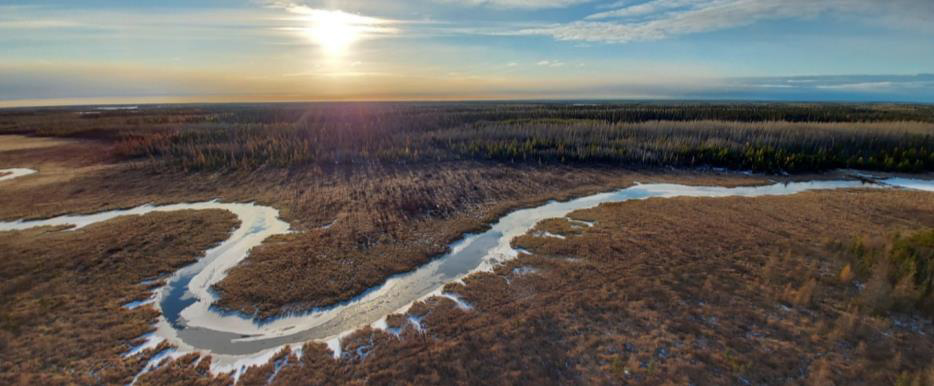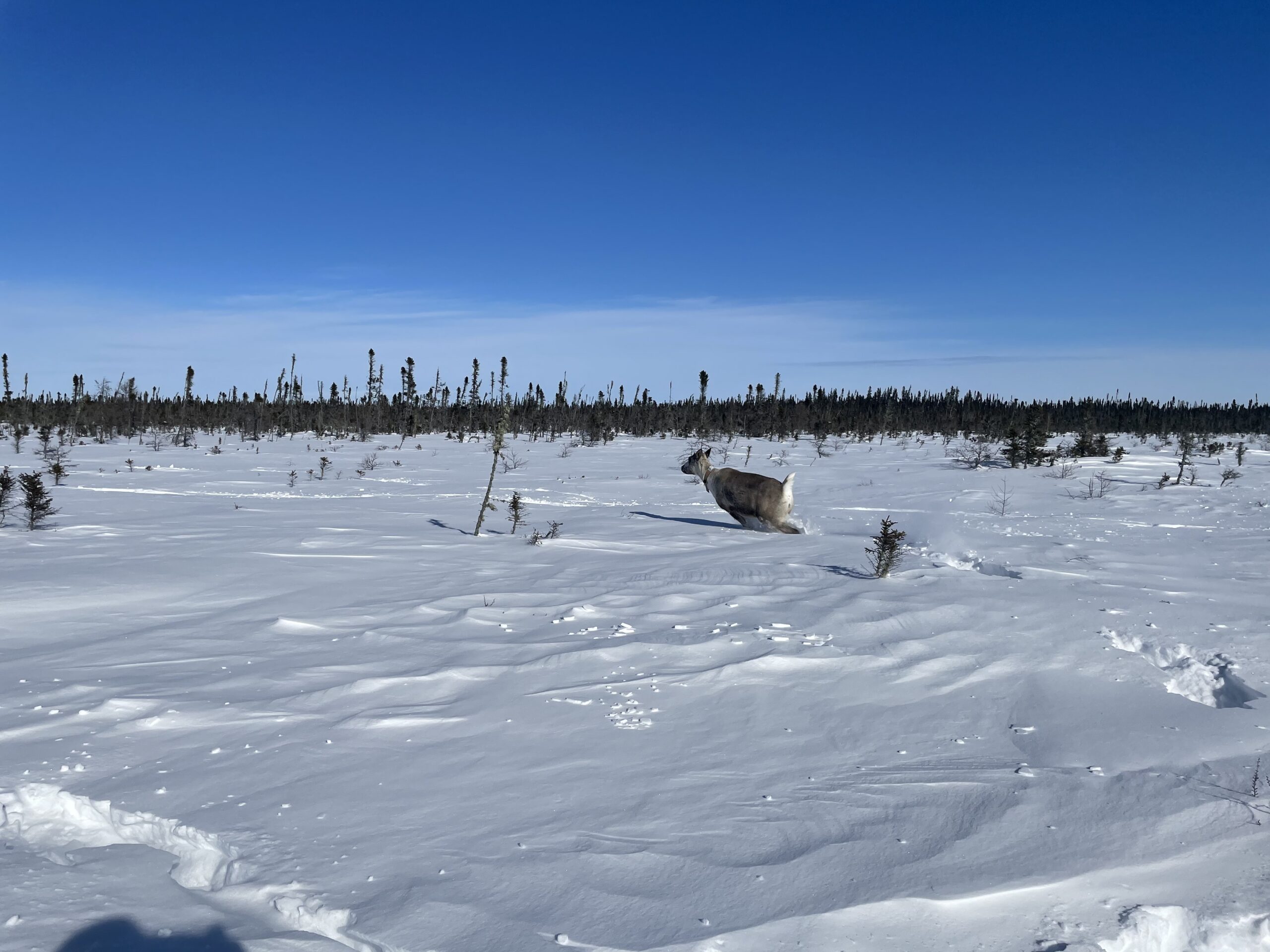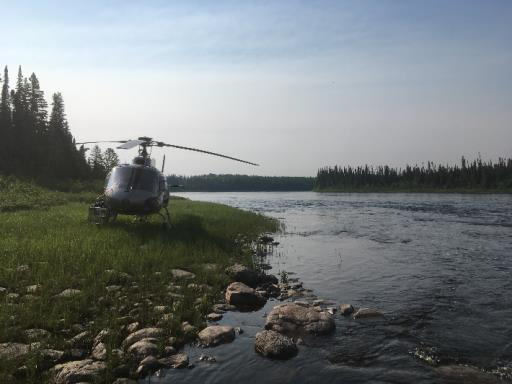Welcome to the Marten Falls First Nation (MFFN) Community Access Road e-blast with updates on current and upcoming activities. In this e-blast you will learn more about:
- Terms of Reference: Where we are at in the provincial process
- Field Studies Update: Caribou update and snapshot of upcoming summer programs
- Indigenous Knowledge Program: Why it’s important for the Community Access Road
- Upcoming Virtual Information Sessions: Advanced notice of baseline study presentations
Terms of Reference Update
Thank you to everyone who took the time to provide comments on the Proposed Terms of Reference. The Terms of Reference is the first step in the provincial environmental assessment process and is a roadmap for planning and decision-making. The review comment period is closed, and the Proposed Terms of Reference is with the Ministry of the Environment, Conservation and Parks (MECP) for review and a decision by the Minister, which is expected in the coming months. If the Minister approves or approves with conditions, an environmental assessment for the Community Access Road can begin. Stay tuned for more information.
Read more about the Terms of Reference.

Field Studies Update
Caribou Field Study Update
In February 2021 we placed collars on 30 adult female caribou to collect data for three years. We are happy to report that all 30 caribou are still alive and their collars are all transmitting information. We’ve also observed 6 females make huge migratory movements and they are now located up near Polar Bear Provincial Park. It will be very interesting to observe seasonal movements of caribou in the Community Access Road study area over the next three years. Lastly, calving season is starting soon so we expect to see decreased movements over the next month as females hunker down with newborn calves.
Upcoming Field Studies
Scientific studies including field studies will be taking place at various times throughout the year along the proposed alternative routes to understand the existing conditions (quality and quantity) of the environment and wildlife. The information we collect through these studies will be strengthened by the Indigenous Knowledge shared with us by Marten Falls First Nation and the neighbouring Indigenous Communities.
The following provides a high-level overview of upcoming field study programs and their approximate timelines*:
- Bats (end of May to end of June): Installation of audio recording devices to document bat species presence and distribution in the Local Study Area.
- Remote Camera Installation (June): Installing motion-sensitive cameras in the Local Study Area to document the presence and seasonal patterns of caribou, wolves, moose and other animals.
- Vegetation, Physiography and Peatlands (July): Collection of information related to forest and wetland plants, soil conditions and geologic features to develop an understanding of the baseline conditions.
- Groundwater and Geochemistry (July): Installing monitoring wells so that we can assess groundwater fluctuations, seasonal changes in water quality and develop an understanding of baseline conditions.
- Surface Water (Summer): A subset of water crossings along the route alternatives will be assessed to understand current conditions including seasonal flows, drainage patterns, water quality and sediment quality.
- Fish and Fish Habitat (Summer): Characterizing fish communities and habitats to understand current conditions at a number of locations along the route alternatives.
- Fall Waterfowl Aerial Survey (Summer): The objective is to estimate seasonal distribution, abundance and density of Waterfowl, Shorebirds and Raptors in the Local Study Area.
More detailed notices will be provided once timelines are confirmed. We are also looking for input on specific field programs and will be following up with a Discussion Guide specific to each of these programs, outlining what the program is, why it’s important and what kind of feedback we are looking for.
*Timelines and programs are approximate and may shift; we will provide updates as required.

Indigenous Knowledge
To better understand existing conditions, predict potential effects of the Community Access Road and determine impact management and monitoring measures, we are working with Indigenous communities to collect Indigenous Knowledge and information on Indigenous land and resource use. Talk to your Indigenous Knowledge team or Chief and Council to see if your community is participating in the program. Learn more about the Indigenous Knowledge Program.
Virtual Information Sessions
We will be sharing more information in the coming months to provide an opportunity for Indigenous communities and the public to learn about key areas of interest that are being studied, including how Indigenous Knowledge is weaved throughout and considered. Timing and topics will be announced soon through our mailing list and posted on our website.
Be in touch and let us know which studies are of most interest to you. Here is a snapshot of topics that we plan to showcase, but we want to hear what you are interested in learning about:
- Social and Economic Topics
- Water
- Wildlife (e.g., bats, amphibians and reptiles, furbearers including wolverines)
- Ungulates (mammals with hooves like caribou and moose)
- Birds
- Physiography, Geology, Terrain / Soils, Vegetation
- Land and Resource Use
- Aboriginal and Treaty Rights and Interests
- Human Health and Community Safety
- Archaeological and Cultural Heritage

